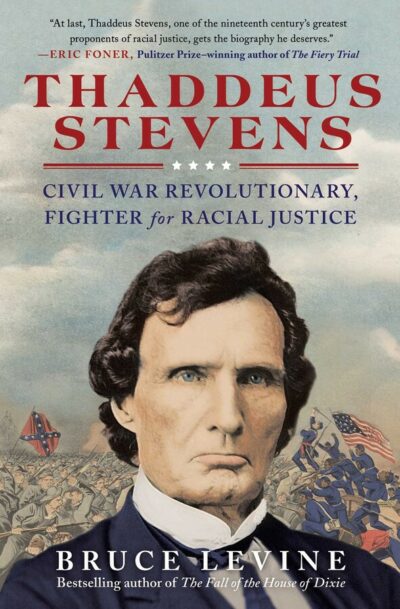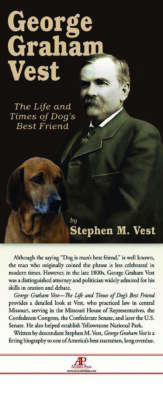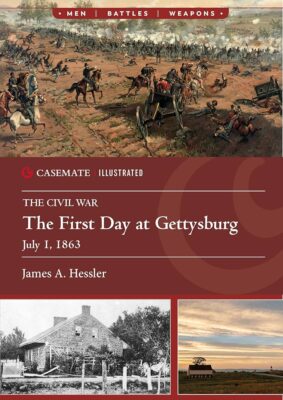A Civil Conversation w/ Dr. Bruce Levine via Zoom

A Civil Conversation w/ Dr. Bruce Levine via Zoom
Join us on Thursday, March 21, 2024, at 7:00 pm for a CIVIL CONVERSATION. This is a live ZOOM event ~ Dr. Bruce Levine, author of Thaddeus Stevens will engage in a Civil Conversation with NCWM CEO Jeffrey Nichols. Register here: Book Talk with Dr. Bruce Levine on Thaddeus Stevens
About the book: A “powerful” (The Wall Street Journal) biography of one of the 19th century’s greatest statesmen, encompassing his decades-long fight against slavery and his postwar struggle to bring racial justice to America.
Thaddeus Stevens was among the first to see the Civil War as an opportunity for a second American revolution—a chance to remake the country as a genuine multiracial democracy. As one of the foremost abolitionists in Congress in the years leading up to the war, he was a leader of the young Republican Party’s radical wing, fighting for anti-slavery and anti-racist policies long before party colleagues like Abraham Lincoln endorsed them. These policies—including welcoming black men into the Union’s armies—would prove crucial to the Union war effort.
During the Reconstruction era that followed, Stevens demanded equal civil and political rights for Black Americans—rights eventually embodied in the 14th and 15th amendments. But while Stevens in many ways pushed his party—and America—towards equality, he also championed ideas too radical for his fellow Congressmen ever to support, such as confiscating large slaveholders’ estates and dividing the land among those who had been enslaved.
In Thaddeus Stevens, acclaimed historian Bruce Levine has written a “vital” (The Guardian), “compelling” (James McPherson) biography of one of the most visionary statesmen of the 19th century and a forgotten champion for racial justice in America.

Photo by Ruth Hoffman
Bruce Levine is the bestselling author of four books on the Civil War era, including The Fall of the House of Dixie and Confederate Emancipation, which received the Peter Seaborg Award for Civil War Scholarship and was named one of the top ten works of nonfiction of its year by The Washington Post. He is a professor emeritus of history at the University of Illinois.


